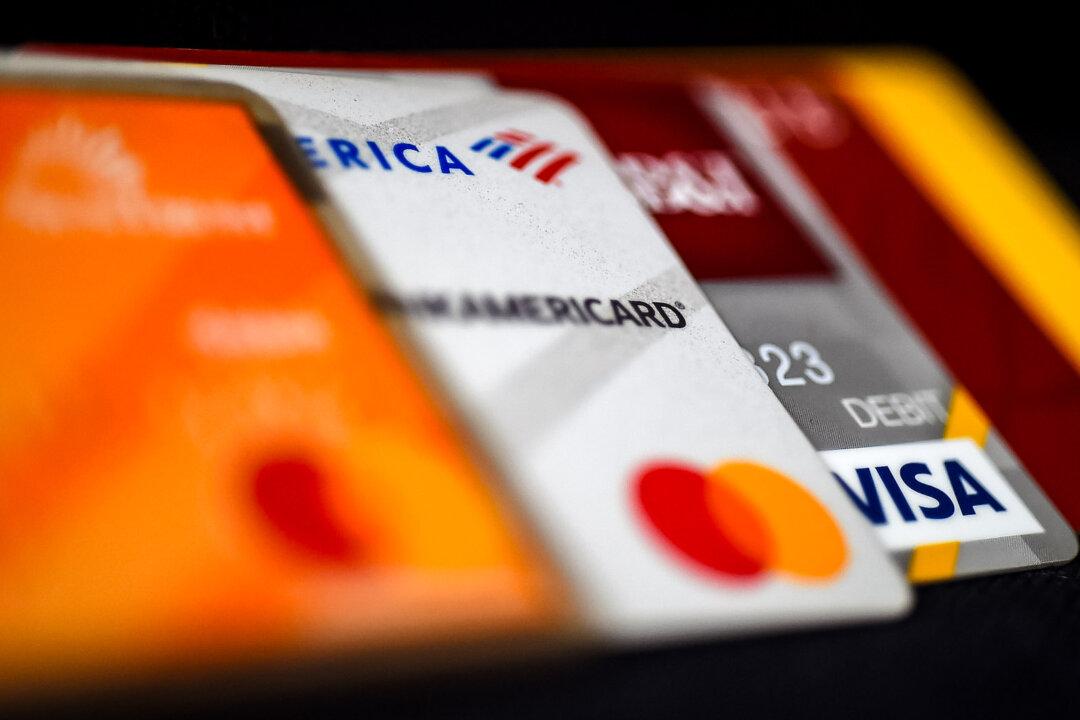The Biden administration’s proposed actions against late fees in the credit card industry is facing strong opposition from business groups, which warn that the measure will have negative impacts on consumers.
On Tuesday, President Joe Biden announced the launch of a strike force to crack down on “unfair and illegal pricing” of goods and services. The Consumer Financial Protection Bureau (CFPB) has finalized a rule to slash credit card late fees from the current average of $32 down to $8. The Federal Communications Commission (FCC) has proposed a rule to ban “bulk billing” arrangements, a practice in which landlords or providers charge everyone living or working in a building for internet, cable, or satellite services even if they don’t want it or haven’t opted in.





